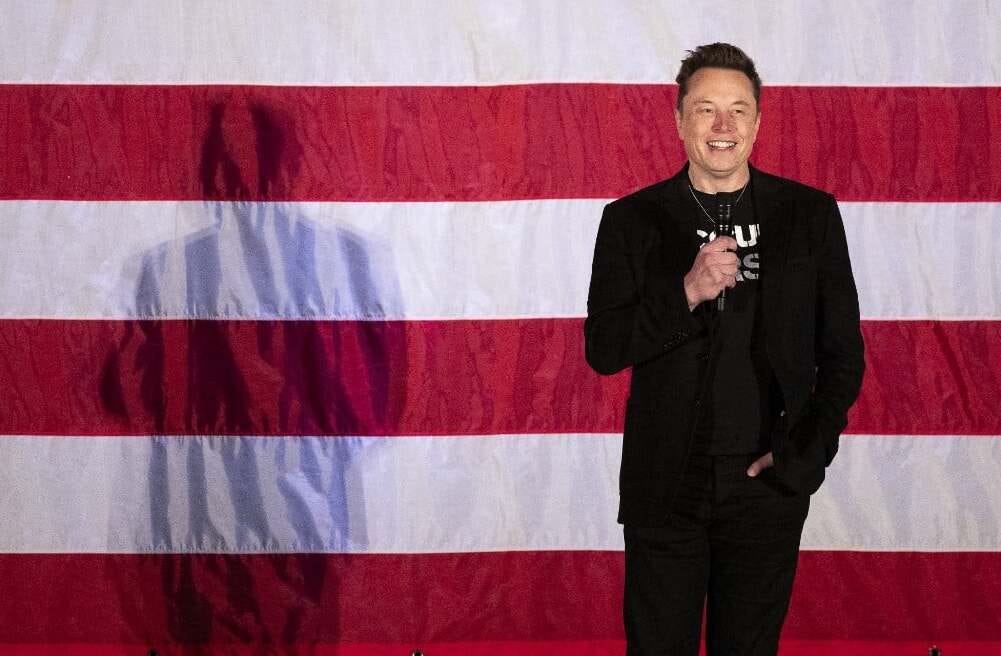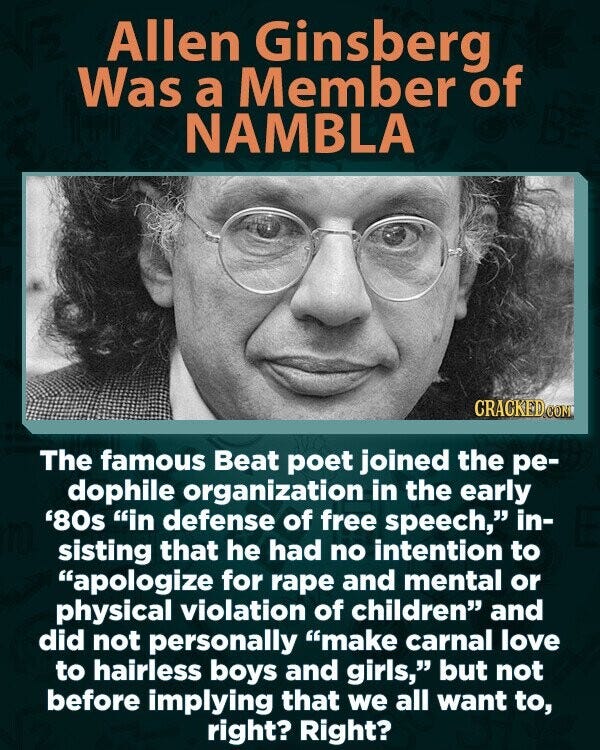Trump, Musk, and the Hypocrisy of American Free Speech Absolutism
Like American progressives in the past, Brazilians who fall for this fairy tale will face a rude awakening if the fascists, whose rights they defend on principle, regain power
The 1970s were a transformative era for freedom of speech in the United States. Following the repressive McCarthyism of the 1950s, which destroyed countless careers over alleged ties to the American Communist Party, the 1960s ushered in a period of societal openness. In 1966, courts struck down the last attempt to censor a literary work—William S. Burroughs’ Naked Lunch. The Supreme Court’s 1969 ruling in Brandenburg v. Ohio established that speech advocating illegal conduct is protected unless it incites imminent lawless action and is likely to produce it. In 1973, Miller v. California legalized hardcore pornography under standards that remain in place today, a decision that divided some segments of the left.
I vividly recall the 1977 Supreme Court case, National Socialist Party of America v. Village of Skokie, which permitted neo-Nazis from my hometown of Chicago to don Nazi uniforms and goose-step down the streets of Skokie, a predominantly Jewish suburb that was home to thousands of Holocaust survivors (so much public outcry ensued that, despite the legal victory, the Nazi's chickened out of actually trying it). Another memory from my youth is the 1978 founding of the North American Man/Boy Love Association (NAMBLA), a group that invoked the First Amendment to justify publishing guides for men on seducing pre-pubescent boys. The American Civil Liberties Union (ACLU), renowned for defending civil rights activists and anti-war protesters in the 1960s, used its defense of NAMBLA to champion "free speech absolutism." This idea gained traction among aging hippie celebrities like Allen Ginsberg and Republican-aligned libertarians.
Libertarianism rose to prominence in the 1970s when oil billionaire Charles Koch founded the Cato Institute, among other reasons, in an attempt to make monetarist economics cool with young people, who were abandoning conservatism in droves. With ample funding, Cato connected the ultra-liberal theories of economists like Ludwig von Mises and Friedrich Hayek to evangelical-style advocacy for individual freedoms, including marijuana legalization and free speech absolutism. By the 1980s, with Ronald Reagan’s ascent, libertarianism became one of the Republican Party’s most influential internal currents.
This era popularized the cliché: "I disagree with what you say, but I’ll defend to the death your right to say it." Former hippies and conservatives alike, buoyed by American exceptionalism, acted as though the U.S.—which had only stopped banning books 15 years earlier—was the global bastion of free speech. The First Amendment, which hadn’t protected works by authors like Mark Twain until nearly 200 years after its adoption, was hailed as proof of America’s greatness. This narrative was woven into Cold War propaganda, with schools teaching that "freedom of speech" made the U.S. superior to the "godless communists" of the Soviet Union and Cuba.
Fast forward 45 years. Thanks to Javier Milei, MBL, and the Bolsonaros, libertarianism has finally reached South America. Ironically, the same vira-latas* who fight to erase "Paulo Freire" from Brazil’s public education system sanctimoniously cite the U.S. First Amendment to defend Nazism and Christian nationalist hate speech. Meanwhile, in the self-proclaimed global capital of freedom, the Trump administration has achieved McCarthy-esque levels of repression, cheered on by its libertarian base, which has suddenly fallen silent on free speech. Universities have been warned they could lose federal funding if students protest in solidarity with Palestine. The White House has even issued a list of nearly 200 words now banned or "strongly discouraged" in government communications, including: breastfeed, feminism, equity, privilege, activism, immigrants, injustice, and inequality. It’s ironic, then, that this government and its libertarian Silicon Valley supporters still posture as defenders of free speech while attacking Global South nations—exemplified by the frivolous lawsuit filed in Florida against Brazil’s Supreme Court Minister Alexandre de Moraes.
With the failure of the false corruption narrative as a hybrid war tactic to dismantle the Workers’ Party and its allies, powerful U.S. actors - from Republican lawmakers like Marjorie Taylor Greene and Silicon Valley oligarchs like Elon Musk to Democrat-aligned outlets like The New York Times -have aligned with the Bolsonaros to replace the Lava Jato-era narrative of Brazil’s "independent judiciary" with a new claim that Brazil suffers from a "dictatorship of the toga." This narrative, rooted in the alleged supremacy of U.S. law, takes the imperialist leap of imposing America’s flawed interpretation of free speech rights onto Brazil’s legal context, where it doesn’t apply. At the same time, Silicon Valley social media oligarchs are pushing to either ignore Brazilian law or lobby to force Brazil to adopt a flawed interpretation of the U.S. First Amendment.
This new regime-change strategy should not be mistaken for genuine concern over Brazilians’ constitutionally guaranteed free speech rights, carefully enshrined in the 1988 Constitution—a far more modern document than the U.S.’s 250-year-old counterpart. It’s a trap. Just as progressives who embraced American free speech absolutism in the 1980s now face a new McCarthyist witch hunt, Brazilians who buy into the vira-latista free-speech absolutism charade will face a rude awakening if the fascists whose rights they defend ever regain power.
This opinion piece was originally written for a Brazilian audience and published in , Carta Capital. It can be read in it’s original Portuguese here.
*Vira-lata is an idiomatic expression in Brazil used to describe people who have a cultural inferiority complex to the United States, which is generally seen as the legacy of decades of propaganda incorporated into public school curriculum, TV and newspapers during the US-backed military dictatorship of 1964-1985.






I wish Glenn Greenwald, who champions free speech above all, read your article.
Excellent article Brian. Gave me the opportunity to learn about the USA.